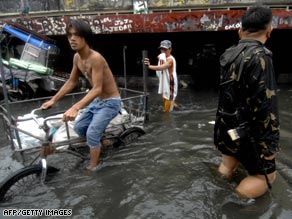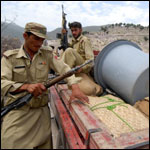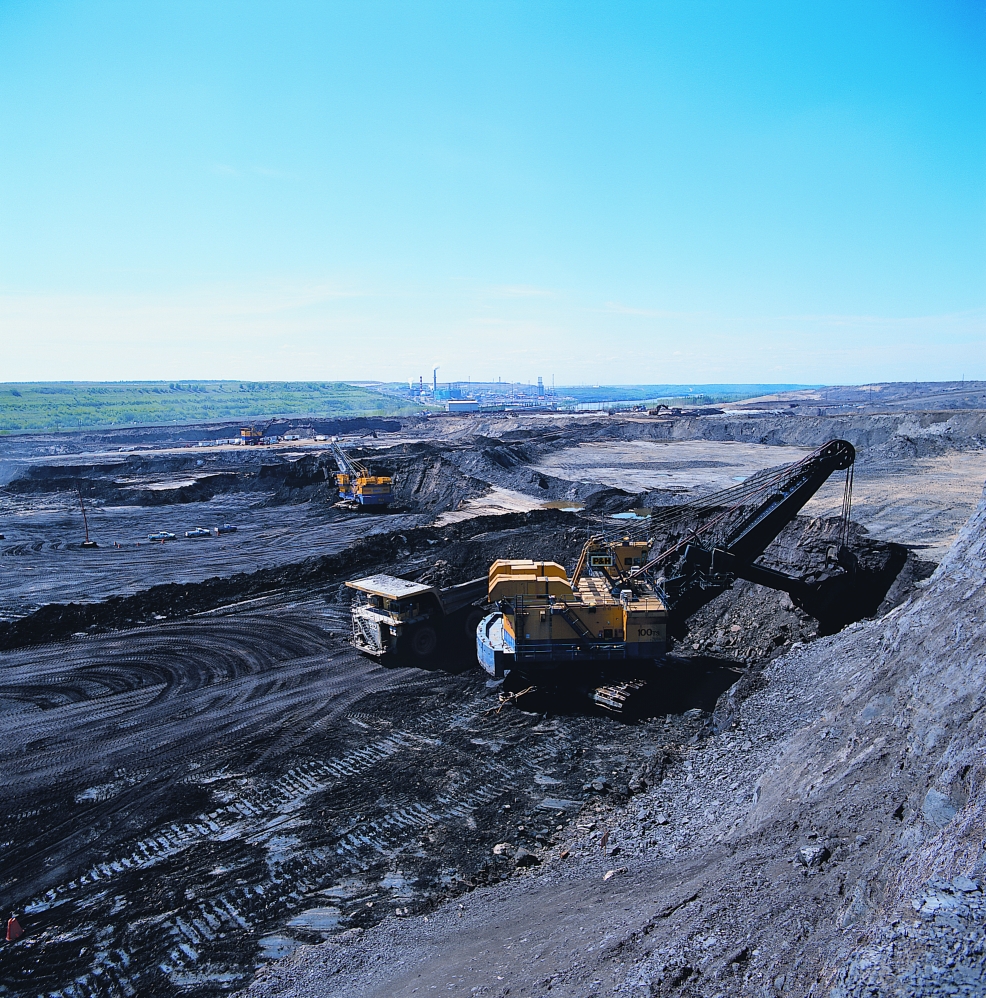
South Asian Strategic Stability Institute Pakistan
Street.1, House # 427,
F-11/1 Islamabad
Tel:- +92-51-22-90-917,
Tel:- +92-51-22-91-061
Fax:- +92-51-210-34-79
SASSI is an independent think tank dedicated to promoting peace and stability in South Asia. We are headquartered in Islamabad, Pakistan and we aim to make a leading contribution to regional and international academic and policy-orientated research discourses about South Asian security.
 26 June 2008 - YOU might think nuclear weapons have been carefully designed not to go off by accident. Yet more than 1700 of them have design flaws that could conceivably cause multiple warheads to explode one after another - an effect known as "popcorning" - according to a UK Ministry of Defence safety manual.
26 June 2008 - YOU might think nuclear weapons have been carefully designed not to go off by accident. Yet more than 1700 of them have design flaws that could conceivably cause multiple warheads to explode one after another - an effect known as "popcorning" - according to a UK Ministry of Defence safety manual. WASHINGTON (CNN) -- Global warming could destabilize "struggling and poor" countries around the world, prompting mass migrations and creating breeding grounds for terrorists, the chairman of the National Intelligence Council told Congress on Wednesday.
WASHINGTON (CNN) -- Global warming could destabilize "struggling and poor" countries around the world, prompting mass migrations and creating breeding grounds for terrorists, the chairman of the National Intelligence Council told Congress on Wednesday. After years of unsuccessful military campaigns, Pakistan’s leaders have realized that unrestrained attacks on militants are counterproductive, and are relying more on negotiations and reconciliation.
After years of unsuccessful military campaigns, Pakistan’s leaders have realized that unrestrained attacks on militants are counterproductive, and are relying more on negotiations and reconciliation. It has been called the "silent tsunami." In the past 24 months, grain prices have doubled. Prices of fertilizers and fuels have tripled. Thirty countries from Bangladesh to Haiti have seen food riots, and there is sticker shock at supermarkets even in rich nations.
It has been called the "silent tsunami." In the past 24 months, grain prices have doubled. Prices of fertilizers and fuels have tripled. Thirty countries from Bangladesh to Haiti have seen food riots, and there is sticker shock at supermarkets even in rich nations. "Our proposed package and yours contain common points and we are in Tehran today due to these commonalities," Javier Solana, the European Union's foreign policy chief visiting Iran as the head of an "Iran Six" delegation to submit the group's latest "incentive package" geared to soliciting Iran's nuclear cooperation, stated at his first press conference in Tehran on Sunday.
"Our proposed package and yours contain common points and we are in Tehran today due to these commonalities," Javier Solana, the European Union's foreign policy chief visiting Iran as the head of an "Iran Six" delegation to submit the group's latest "incentive package" geared to soliciting Iran's nuclear cooperation, stated at his first press conference in Tehran on Sunday.  The end of cheap oil helps renewables, but makes far dirtier alternatives viable. A low-carbon future will demand brave leadership
The end of cheap oil helps renewables, but makes far dirtier alternatives viable. A low-carbon future will demand brave leadership June 10, 2008 - SYDNEY, Australia: The world may need a new nuclear weapons treaty that includes India, Pakistan, Israel and North Korea, an Australian official said Tuesday.
June 10, 2008 - SYDNEY, Australia: The world may need a new nuclear weapons treaty that includes India, Pakistan, Israel and North Korea, an Australian official said Tuesday. TOKYO (AFP) 9 May 2008 — Finland's Prime Minister Matti Vanhanen on Monday urged developed countries to take the lead in reducing greenhouse gas emissions while helping emerging economies with clean energy technologies.
TOKYO (AFP) 9 May 2008 — Finland's Prime Minister Matti Vanhanen on Monday urged developed countries to take the lead in reducing greenhouse gas emissions while helping emerging economies with clean energy technologies. How is global warming affecting existing competition for resources and changing international security priorities? A survey of recent research shows how complex the picture could become.
How is global warming affecting existing competition for resources and changing international security priorities? A survey of recent research shows how complex the picture could become.  03 June 2008 Current economic uranium resources will last for over 100 years at current consumption rates, while it is expected there is twice that amount awaiting discovery. With reprocessing and recycling, the reserves are good for thousands of years.
03 June 2008 Current economic uranium resources will last for over 100 years at current consumption rates, while it is expected there is twice that amount awaiting discovery. With reprocessing and recycling, the reserves are good for thousands of years. Arms Control Today - Foreign Minister Jonas Gahr Støre
Arms Control Today - Foreign Minister Jonas Gahr StøreGovernment policies in favor of a world free of nuclear weapons fall along a wide spectrum of commitment. Nonetheless, they share a fundamentally aspirational quality. Few if any government policies advocating elimination have fully reconciled themselves with countervailing realities, such as reliance on a nuclear umbrella or the difficult and complex challenges of transparency and verification in a world with only handfuls of nuclear weapons.
Thanks in no small measure to the courage and commitment of former Senator Sam Nunn (D-Ga.), former Secretaries of State George Shultz and Henry Kissinger, and former Secretary of Defense William Perry, the prospects for reconciling aspiration with reality could be getting brighter. More >>> Bruxelles - June 2008. Jaap de Hoop Scheffer insisted the alliance must look to a new “strategic horizon” where dwindling water and food supplies, global warming and migration cause international tensions.
Bruxelles - June 2008. Jaap de Hoop Scheffer insisted the alliance must look to a new “strategic horizon” where dwindling water and food supplies, global warming and migration cause international tensions.